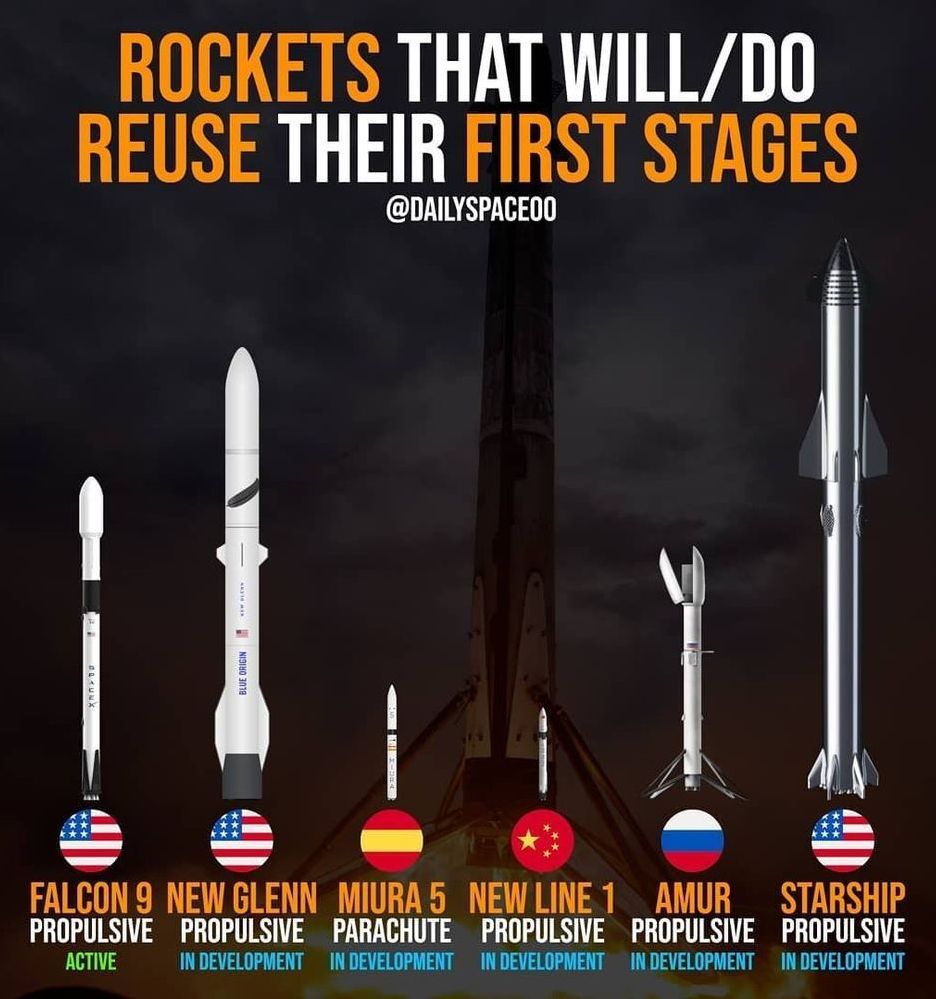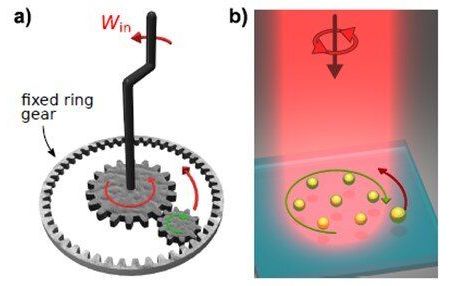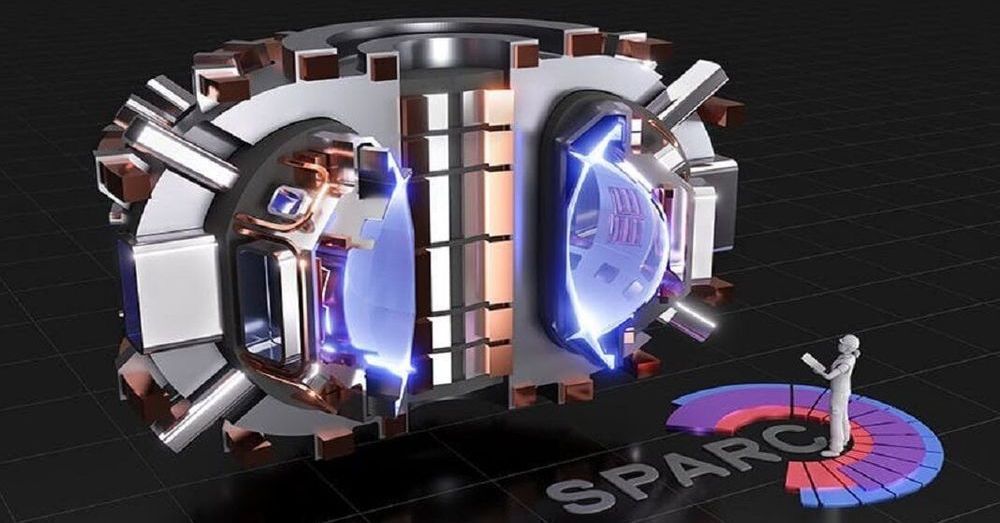Photos credit: DailySpace00.


#AI is creating new possibilities in #healthcare, elevating the quality of care providers can deliver and giving the gift of time back to physicians to connect with patients. Learn how NVIDIA AI solutions are advancing medicine https://nvda.ws/33EGX6m #IAMAI
AI powered drones are doing acrobatics.

Scientist have sequenced the x chromosome.
The sequencing of the human genome was one of the greatest scientific feats of the past century, but it’s a little-known fact that it’s still a work in progress with considerable gaps. New research suggests we could be just months away from finally finishing the job.
Nearly two decades after the Human Genome Project released the first map of our DNA, there are still large sections that are a mystery to us. Scientists have been slowly filling in the gaps, but certain portions that feature repetitive sequences going on for millions of base pairs have long been seen as intractable.
That’s because most common gene sequencing technologies create short snippets of DNA that then have to be stitched together. When applied to these highly repetitive sections it becomes almost impossible to distinguish the pieces, so putting them back together in the right order is extremely difficult.

“In previous work, the researchers discovered that when optical matter is exposed to circularly polarized light, it rotates as a rigid body in the direction opposite the polarization rotation. In other words, when the incident light rotates one way the optical matter array responds by spinning the other. This is a manifestation of “negative torque”. The researchers speculated that a machine could be developed based on this new phenomenon.
In the new work, the researchers created an optical matter machine that operates much like a mechanical machine based on interlocking gears. In such machines, when one gear is turned, a smaller interlocking gear will spin in the opposite direction. The optical matter machine uses circularly polarized light from a laser to create a nanoparticle array that acts like the larger gear by spinning in the optical field. This “optical matter gear” converts the circularly polarized light into orbital, or angular, momentum that influences a nearby probe particle to orbit the nanoparticle array (the gear) in the opposite direction.”
Researchers have developed a tiny new machine that converts laser light into work. These optically powered machines self-assemble and could be used for nanoscale manipulation of tiny cargo for applications such as nanofluidics and particle sorting.
“Our work addresses a long-standing goal in the nanoscience community to create self-assembling nanoscale machines that can perform work in conventional environments such as room temperature liquids,” said research team leader Norbert F. Scherer from the University of Chicago.
Scherer and colleagues describe the new nanomachines in Optica. The machines are based on a type of matter known as optical matter in which metal nanoparticles are held together by light rather than the chemical bonds that hold together the atoms that make up typical matter.

What the researchers have achieved has remarkable results: by replacing the traditional h.264 video codec with a neural network, they have managed to reduce the required bandwidth for a video call by an order of magnitude. In one example, the required data rate fell from 97.28 KB/frame to a measly 0.1165 KB/frame — a reduction to 0.1% of required bandwidth.
NVIDIA Research has invented a way to use AI to dramatically reduce video call bandwidth while simultaneously improving quality.

Could this be the energy source of the future?
The secret to the SPARC reactor is that its magnets will be built from new high-temperature superconductors that require much less cooling and can produce far more powerful magnetic fields. That means the reactor can be ten times more compact than ITER while achieving similar performance.
As with any cutting-edge technology, converting principles into practice is no simple matter. But the analysis detailed in the papers suggests that the reactor will achieve its goal of producing more energy than it sucks up. So far, all fusion experiments have required more energy to heat the plasma and sustain it than has been generated by the reaction itself.
The SPARC reactor is designed to achieve a Q factor of at least two, which means it will produce twice as much energy as it uses, but the analysis suggests that figure might actually rise to ten or more. The papers used the same physics and simulations as the ITER design team and other previous fusion experiments.

